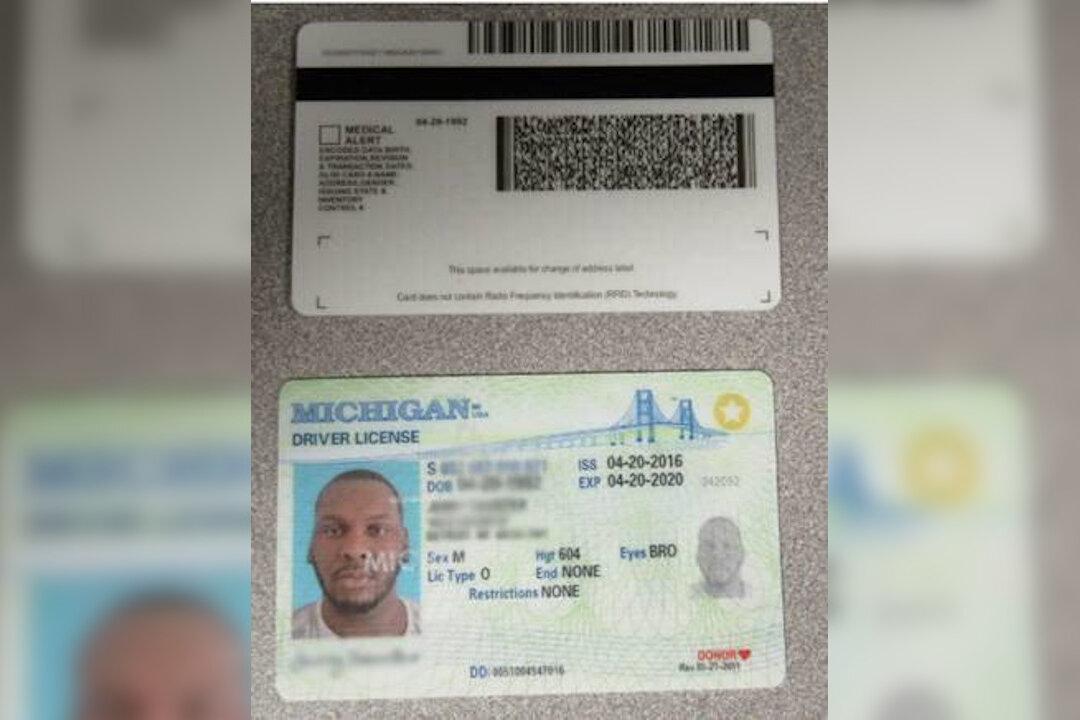Minnesota will begin granting driver’s licenses to illegal immigrants next month, with the state ensuring that applicant information won’t be revealed to immigration authorities.
“The Driver’s License for All (DL4All) law will allow Minnesotans to begin the process of getting a standard Class D instruction permit or driver’s license or a standard identification card. The law eliminates the need to show proof of legal presence in the United States,” according to the Minnesota Department of Public Safety (DPS) website. The DL4All program will be available starting on Oct. 1.





